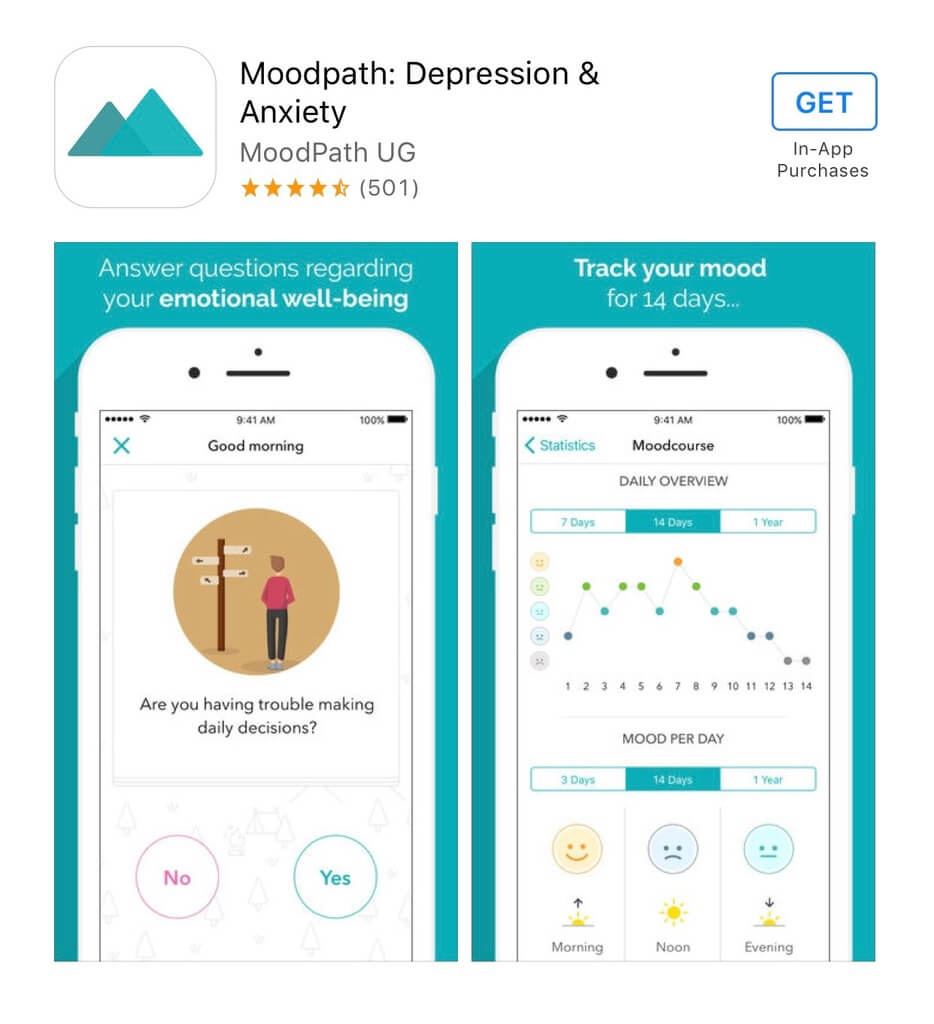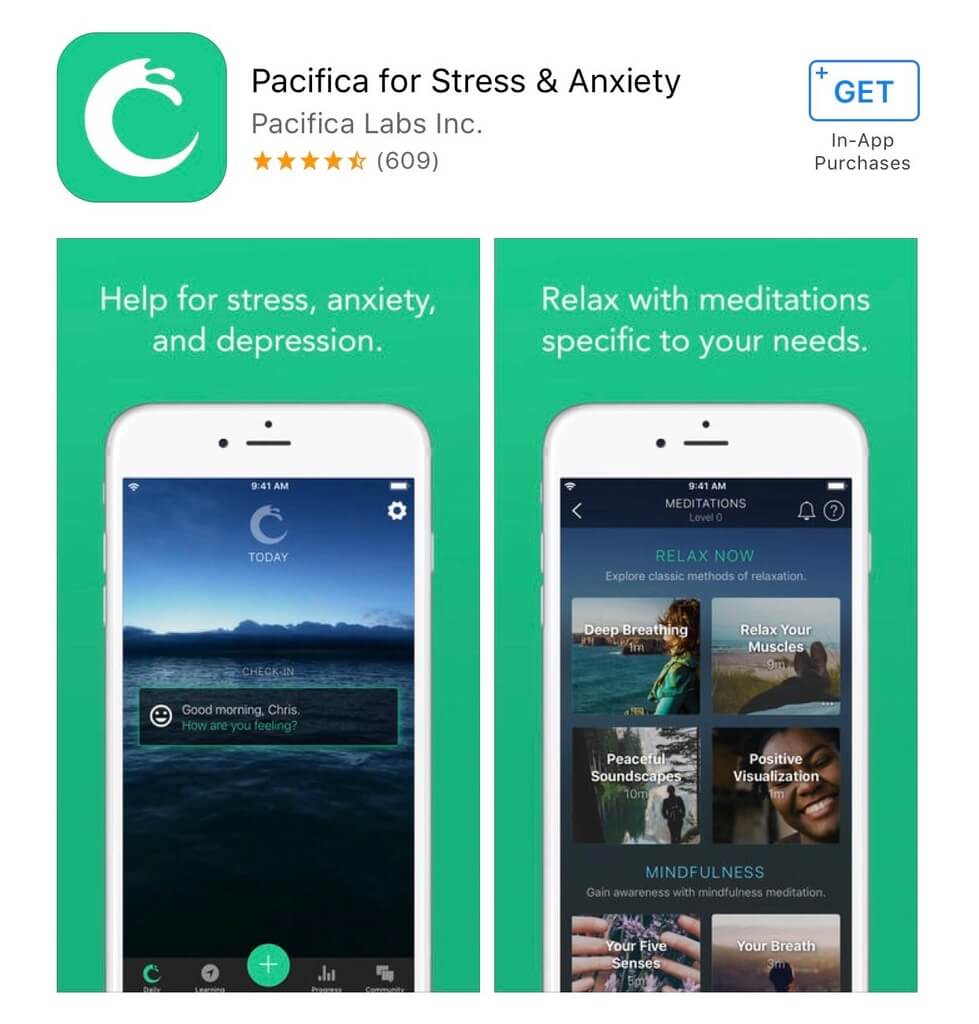When it comes to taking care of our mental health, smartphones and devices can be one of two things: a wound or a weapon.
In some cases, the heavy presence of social media, the constant text and email notifications, or the social disconnect from the real world and other people can be a gaping wound in our journey towards mental health. It provokes stress, anxiety and the constant pressure to do and achieve MORE.
On the other hand, when we know how to use our smartphones in healthy ways, we can actually use them as a weapon to foster progress and mental health.
A recent surge in the research and development of mental health apps and websites has led to several tools right at our fingertips designed to help foster mentally healthy routines, processes, and mindfulness. While experts don’t recommend making these apps your sole source help, research suggests that there is value in using the online resources alongside therapy or treatment to best improve mental health.
In an age when we mindlessly scroll through Facebook and Instagram to escape the daily grind, what better way to improve our mental health than simply shifting the apps we use in our downtime?
Check out these 9 mental health apps.
1. Calm
Calm is the #1 app for Sleep, Meditation and Relaxation, with over 50 million downloads and over 700,000 5-star reviews. With Calm, you can customize the tools you’d like to use. Whether you need a little help falling asleep, or are looking for a short session of mindful movement and gentle stretching, Calm has got you covered. The platform is home to audio programs taught by world-renowned mindfulness experts.
2. Moodpath: Depression & Anxiety
An interactive mental health improvement program, Moodpath offers users with a 14-day depression screening used to identify symptoms and assess an individual’s mental health. The program allows users to keep track of their mental and emotional well-being, then provides them with a comprehensive report that can be used as a starting point for discussing mental health options with their healthcare professional.
3. Pacifica
With an emphasis on Cognitive Behavioral Therapy (CBT), Pacifica uses psychologist-designed tools to manage depression, anxiety, and stress. Divided into five learning modules that teach users to reduce the intensity and frequency of worry or panic, Pacifica is a fully interactive resource for improving your mental health and tracking your progress.
4. Stigma 
Inspired by their personal struggles with anxiety, depression and bipolar disorder, the app creators of Stigma developed a virtual support network for users. Stigma offers users a way to track their mood, document what influences their mood, add journal entries, and connect with thousands of others in a safe space.






